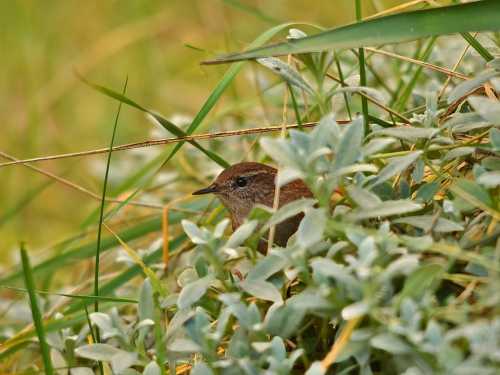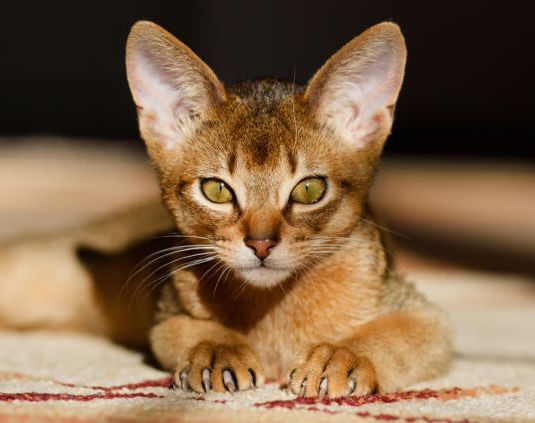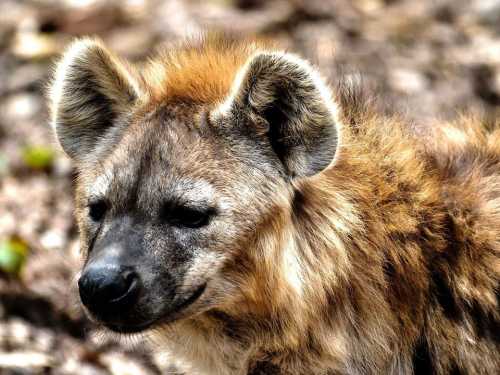
Many people have probably heard this saying: “If a problem can be solved, then it’s not worth worrying about; if it can’t be solved, then worrying about it is pointless.” Once, an ordinary sparrow demonstrated this wisdom to me through his own example.
It was spring. I was walking home through an abandoned industrial area, along a long concrete fence. Thirty meters away I noticed two cats, who were looking intently at the grass. One cat sharply launched a paw into the grass, but immediately pulled it back.
After taking a few more steps, I could see a small gray lump in the grass – it was a sparrow chick. Before I could point at the cats, one of them had time to swing its paw at the chick again, and I saw the sparrow peck at it. The cat had to back off again.
Meanwhile, I had already arrived at the scene. Having told the cats that the chick was mine, I carefully picked it up in my hand and immediately received several stinging blows with my beak.
I examined the war chick: it was uninjured. At first I thought it was a fledgling, but after examining its plumage carefully, I realized that it had left the nest prematurely.
A fledgling is no longer a chick. It is a young bird that has left the nest on its own and is learning to fly. You cannot catch such birds unless there is a direct threat to their lives. Fledglings have almost the same plumage as adults, and they flutter from branch to branch, albeit clumsily, but quite normally. The parents watch them and feed them until they start flying well.
Mine wasn't a chick yet. So, it definitely wouldn't have been able to survive on its own. I looked around – there wasn't a single tree, and there were no parents nearby either. Maybe they were scared by the cats, decided that the chick was doomed, and flew away. Or maybe they had nested in one of the buildings in the industrial zone, which at that time was being actively dismantled by workers and probably damaged their nest.
It was evening, the sun was setting. Something had to be decided. Taking in a chick and feeding it was a hassle. First, it had to be fed using a special method, and second, it wouldn't be possible to release it back into the wild afterwards.
And then I remembered: at my dacha, under the slate on the roof of the barn, sparrows used to nest every year. This spring they also built a nest there. I decided to throw a sparrow to them.
I went to the dacha on foot – fortunately, it was only 3-4 kilometers from that place.
I carried the chick in my arms: I cupped my hands, leaving gaps between my fingers so it could breathe normally. For the first few minutes, it pecked desperately at my hands, trying to escape from the makeshift “cage,” but after fifteen minutes it stopped. It must have realized that it was useless.
During this time it had gotten considerably darker. I became worried about the chick, which had become quiet, stopped and, carefully looking into my hands, saw this: the sparrow was simply dozing! So peaceful, so calm, as if nothing had happened.
It's amazing, because just a few minutes ago it was desperately pecking, fighting for its life, and now it just decided that if there was nothing else to do, it should just sleep – it's warm, they won't hurt it, so there's no point in worrying. Morning is wiser than evening, as they say. It's time to sleep, and then maybe everything will sort itself out: this incomprehensible giant will disappear, the cats will die, the parents will bring food.
While thinking about this, I reached the cottage. Holding the sleeping chick with one hand, I took a ladder, placed it against the wall of the barn, climbed up it, and pushed the sparrow under the roof where a bundle of straw was sticking out (this was the entrance to the nest, I knew for sure).
I gently nudged the chick under its tail, it took a few steps inside, and I heard a soft squeak – it must have pushed away the other chicks, who were already napping.
I quietly went down, put away the ladder, and went home, hoping that the sparrows would accept the foundling.
Arriving at the dacha the next morning, I sat on a bench near the barn and watched for several hours as the parent sparrows brought food to their chicks.
They accepted the foundling. A week later, all the chicks fledged and left the nest.





